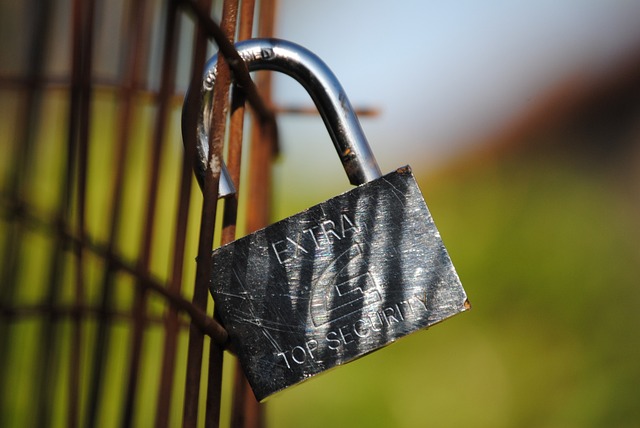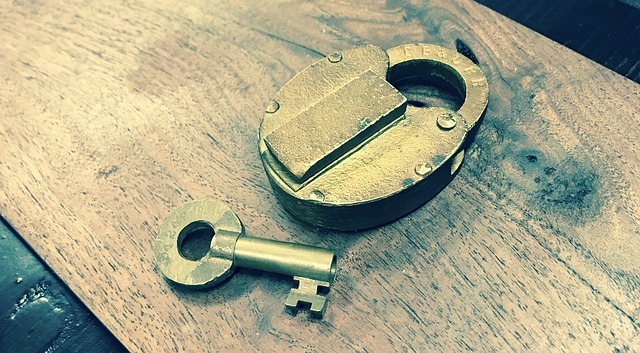Unlocking the Secrets of Crypto Wallets
Author: Jameson Richman Expert
Published On: 2025-02-01
Prepared by Jameson Richman and our team of experts with over a decade of experience in cryptocurrency and digital asset analysis. Learn more about us.
In the world of cryptocurrencies, security and accessibility are paramount. This is where crypto wallets come into play. They serve as the bridge between you and the digital currencies you wish to own and trade. But what exactly goes into a crypto wallet, and how can you choose the best one for your needs? In this comprehensive guide, we’ll delve into the different types of wallets, their features, and tips for safeguarding your assets. Let’s unlock the secrets of crypto wallets!

What is a Crypto Wallet?
A crypto wallet is a digital tool that allows users to store, send, and receive cryptocurrencies. Unlike a traditional wallet that holds physical cash, a crypto wallet stores your public and private keys, which you need to conduct transactions on blockchain networks. The public key can be shared with others, whereas the private key must be kept secret at all costs. This key management is crucial for the security of your funds.
Types of Crypto Wallets
There are several types of crypto wallets available, each serving different purposes. Understanding these can help you make informed decisions about where to store your cryptocurrencies. Here are the major categories:
1. Hardware Wallets
Hardware wallets are physical devices that securely store your private keys offline. They are considered one of the safest options for holding cryptocurrencies since they are immune to online hacks. Popular hardware wallets include the Ledger and Trezor. The downside is that they can be a bit costly, and you have to keep track of the device itself.
2. Software Wallets
Software wallets are applications that you can install on your computer or mobile device. They come in various forms, including:
- Desktop Wallets: Installed on your computer, providing full control over your cryptocurrency.
- Mobile Wallets: Designed for smartphones, offering convenient transaction capabilities on the go.
- Web Wallets: Accessible via web browsers, usually through exchanges or independent services.
Software wallets are user-friendly but less secure than hardware wallets due to their connection to the internet.
3. Paper Wallets
A paper wallet is a physical printout of your public and private keys. Though it completely eliminates the risk of online theft, it can be easily damaged, lost, or destroyed. If you opt for a paper wallet, make sure to keep it in a secure location.
How to Choose a Crypto Wallet
Choosing the right wallet depends on several factors, including how frequently you trade and your personal preferences regarding security and convenience. Here are a few tips to help you decide:
1. Frequency of Transactions
If you plan to trade frequently, a software wallet may be more suitable due to its ease of access. For long-term holding, consider a hardware or paper wallet for enhanced security.
2. Security Features
Look for wallets that offer security features such as two-factor authentication (2FA), multi-signature options, and backup capabilities to ensure your assets are well-protected.
3. Reputation and User Reviews
Before selecting a wallet, research its reputation within the crypto community. Look for long-established wallets with positive user reviews and reliable customer support.
4. Supported Cryptocurrencies
Ensure that the wallet supports the specific cryptocurrencies you wish to store. Some wallets are designed to hold multiple types of coins, while others may be limited to only one or two.

How to Secure Your Crypto Wallet
Security is the cornerstone of managing a crypto wallet. Here are several strategies you can implement to keep your assets safe:
1. Use Strong Passwords
Choose complex passwords that are difficult to guess, and always change them periodically.
2. Enable Two-Factor Authentication (2FA)
Activate 2FA on wallets that support it, adding an extra layer of security to your account.
3. Backup Your Wallet
Regularly back up your wallet, especially when using software wallets. Store your backup in a secure location.
4. Be Wary of Phishing Attacks
Always double-check URLs and avoid clicking on suspicious links to prevent phishing attacks that can compromise your wallet.
Exchanges and Wallet Integration
Many cryptocurrency exchanges offer integrated wallets where you can buy, sell, and store your assets all in one place. However, while exchanges like Binance and MEXC provide convenient access, keeping your funds on an exchange is not recommended for long-term storage due to security risks.
For those looking to get started with trading or wanting a secure exchange to store their assets temporarily, consider signing up with Binance or MEXC. These platforms offer user-friendly interfaces, a wide range of cryptocurrencies, and additional features like advanced trading tools.
The Future of Crypto Wallets
The cryptocurrency landscape is constantly evolving, and so are the wallets. Innovations like decentralized wallets and the integration of smart contracts are changing how we think about security and accessibility. Keep an eye on emerging technologies that promise to enhance security without sacrificing convenience.

Conclusion
As you embark on your cryptocurrency journey, selecting the right wallet can make a significant difference in your experience. By understanding the different types of wallets, prioritizing security, and staying informed, you can navigate this exciting landscape with confidence. Whether you’re a seasoned investor or a newcomer, knowledge is power, and a great wallet is your gateway to success in the crypto world.